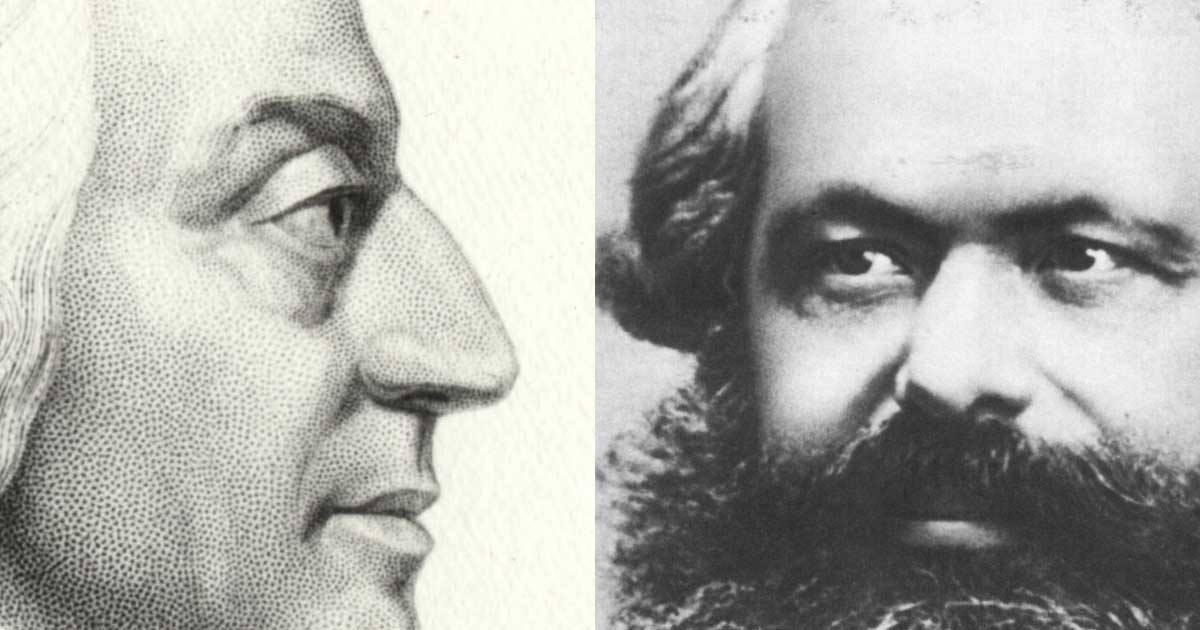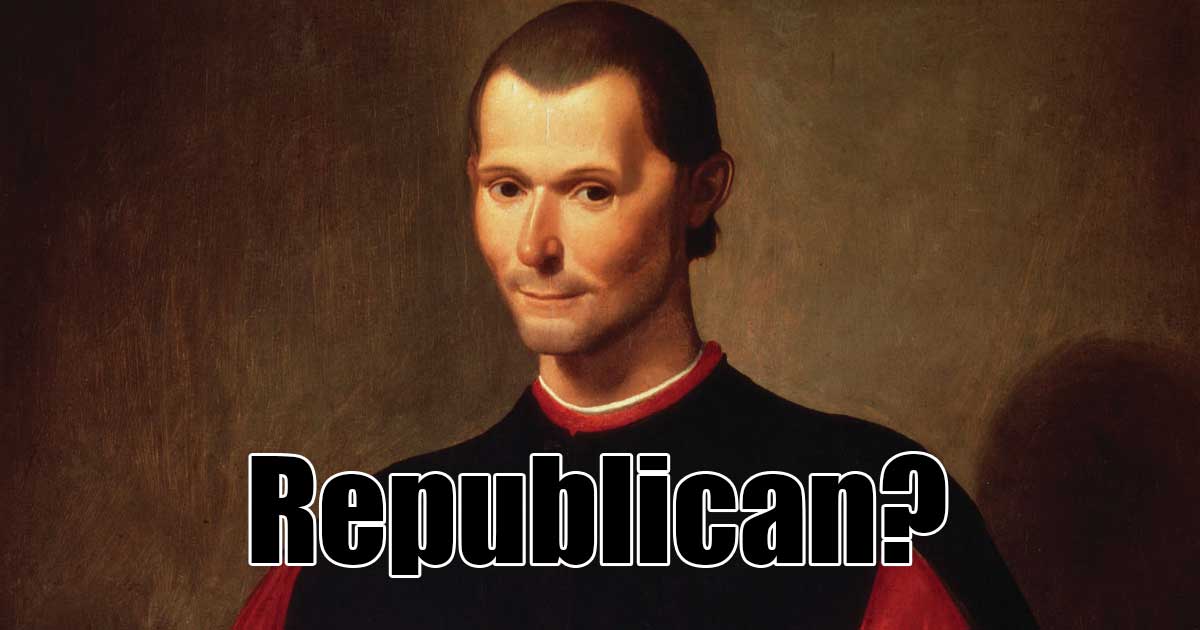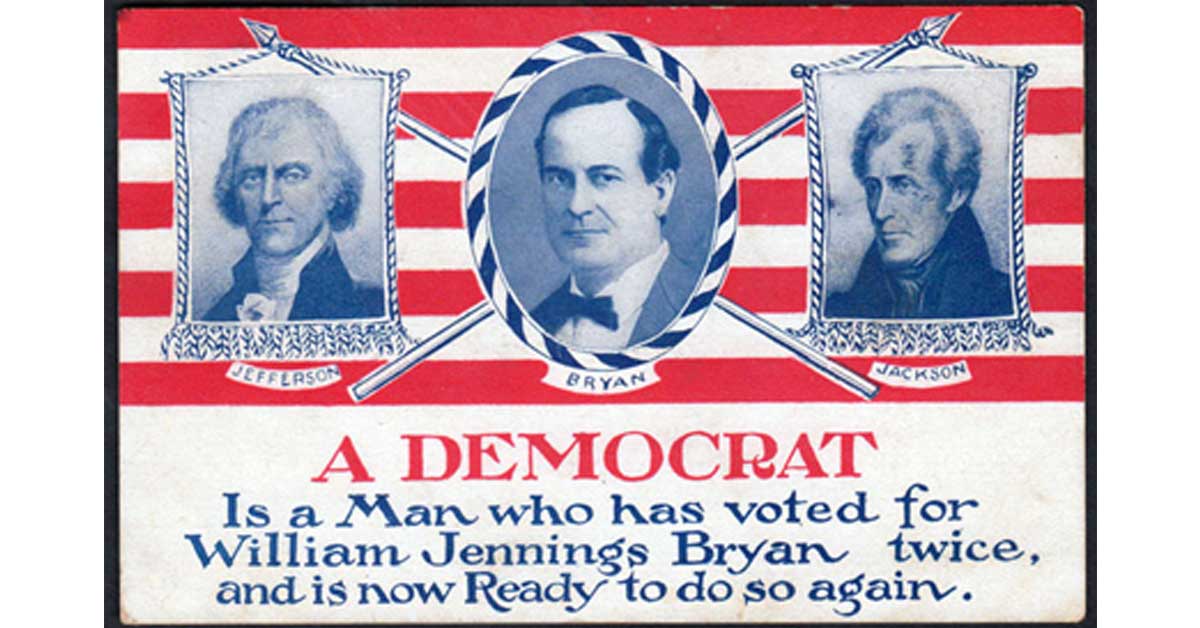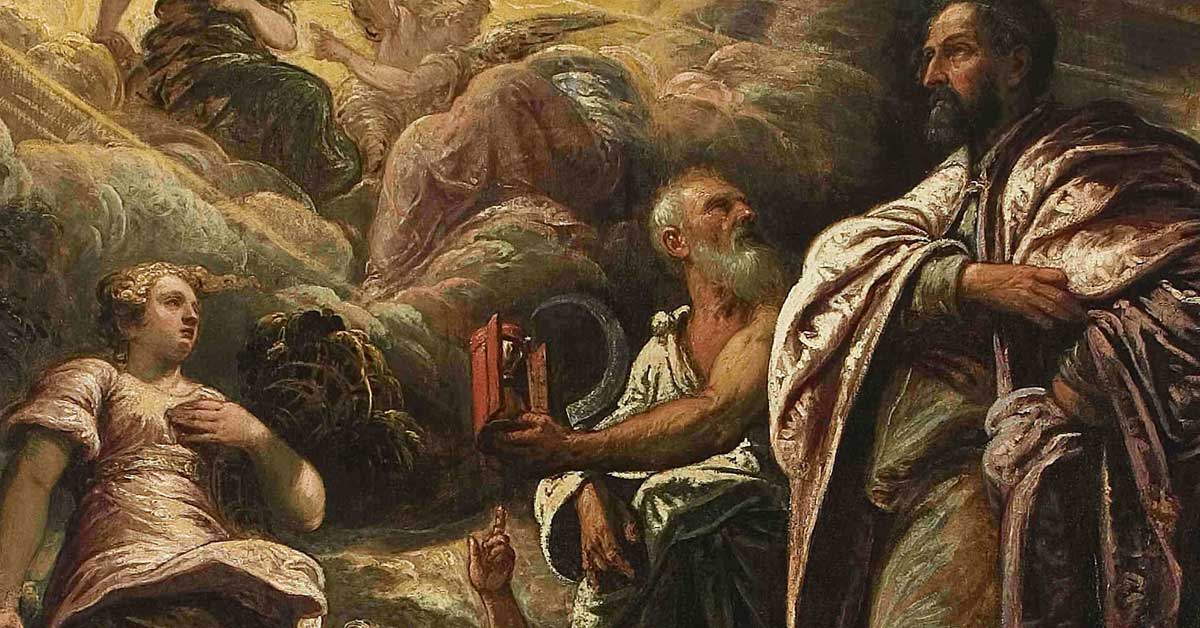The Importance of Principles

Principles are, in a broad sense, simply rule-sets which we follow. Below we will discuss the importance of different types of principles.
Philosophical theories are theories that are philosophical, rather than purely scientific by nature. Meanwhile, philosophical concepts can be loosely describes as ideas or “concepts” that are philosophical in nature.
Generally, a concept is a single idea, a theory is an explanation of how something works, and philosophy is simply the study of that which we can’t know for sure (see the branches of philosophy.).
So then, for our purposes, philosophical theories and concepts is simply a broad category that contains all non-scientific theories worth discussing.
TIP: For a great explainer on the basics of Philosophy see Tamar Gendler: An Introduction to the Philosophy of Politics and Economics by Big Think.
NOTE: Some scientific theories that spark metaphysical philosophical questions are categorized here (as well as under their respective scientific fields). Learn more about scientific theories.

Principles are, in a broad sense, simply rule-sets which we follow. Below we will discuss the importance of different types of principles.

Bringing secrets and the taboo “out of the dark and into the light”, by practicing transparency and openness rather than repression, takes away their power.

The concept of political correctness can be understood as an excess or deficiency of a few key virtues. Here is a model of “the virtues of political correctness” based on Aristotle’s virtue theory of means.

Plato’s Republic, utilitarianism, the philosophies of morality, ethics, politics, virtue, and law are all centered around one question “what is justice?” (AKA “what is fairness?”).

We discuss Republics in general including the philosophy of republics, classical and modern republicanism, and real Republics in-action.

The Economy of Words: The art of communication using all symbolic measures afforded by technology. Or, how to communicate effectively and participate in the information economy, with thrift, despite the tyranny of the terms.

In his Republic, Plato examines how Democracy can lead to Tyranny in a republic. We explain Plato’s theory as it pertains to democracy and tyranny.

Thomas Jefferson is credited with having said, “equal rights for all, special privileges for none,” a slogan that other progressive Democrats like Williams Jennings Bryan embraced.

Although we can consider Jeremy Bentham the founder of modern Utilitarianism, and his successor John Stuart Mill the one who popularized it, early Greek philosophers like Aristotle, Aristippus and Epicurus presented the original Utilitarian / Consequentialist / Greatest Happiness theories.

On this page we discuss the concepts of fairness, justice, morality, and ethics as they relate to Utilitarianism.